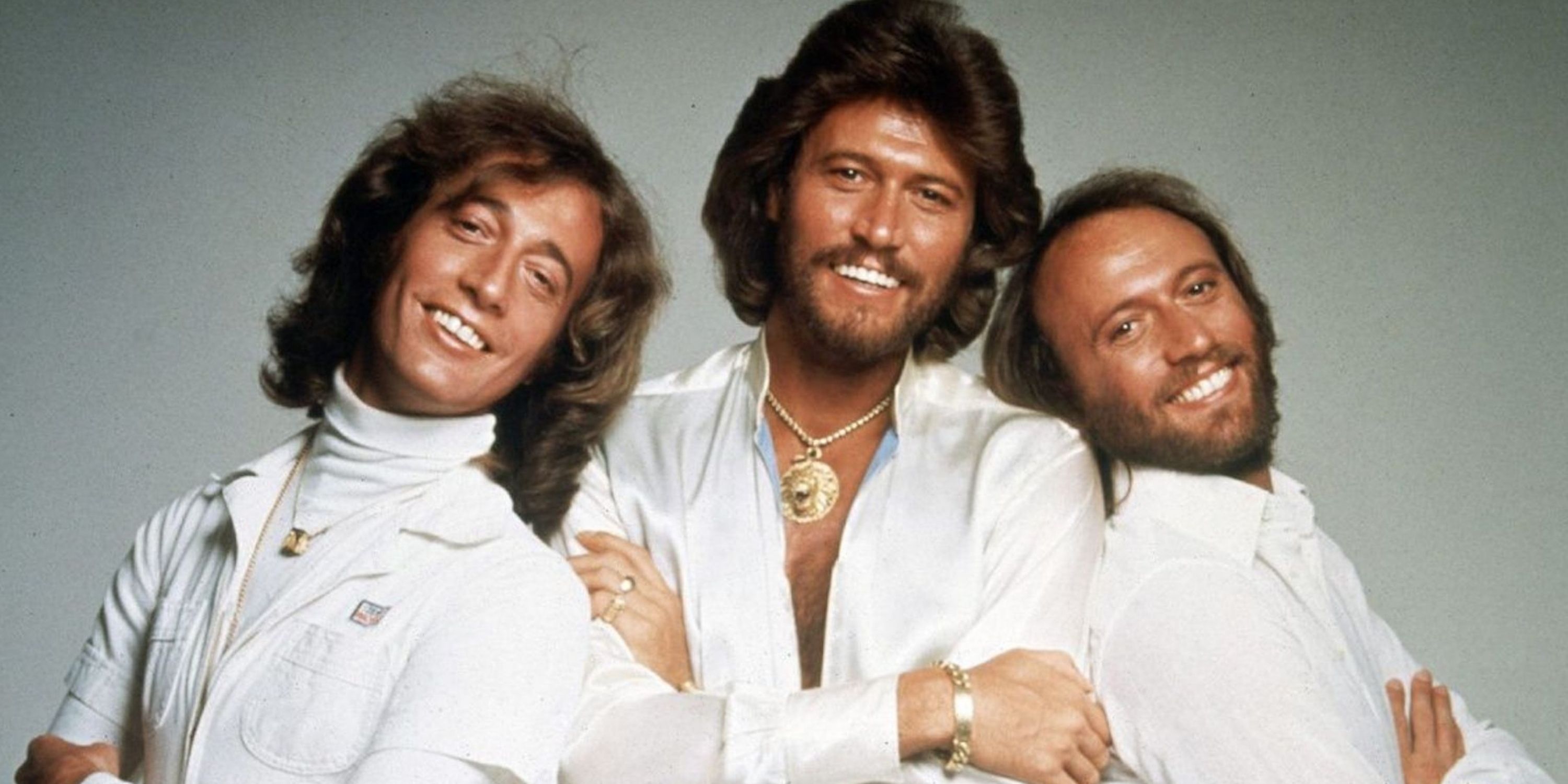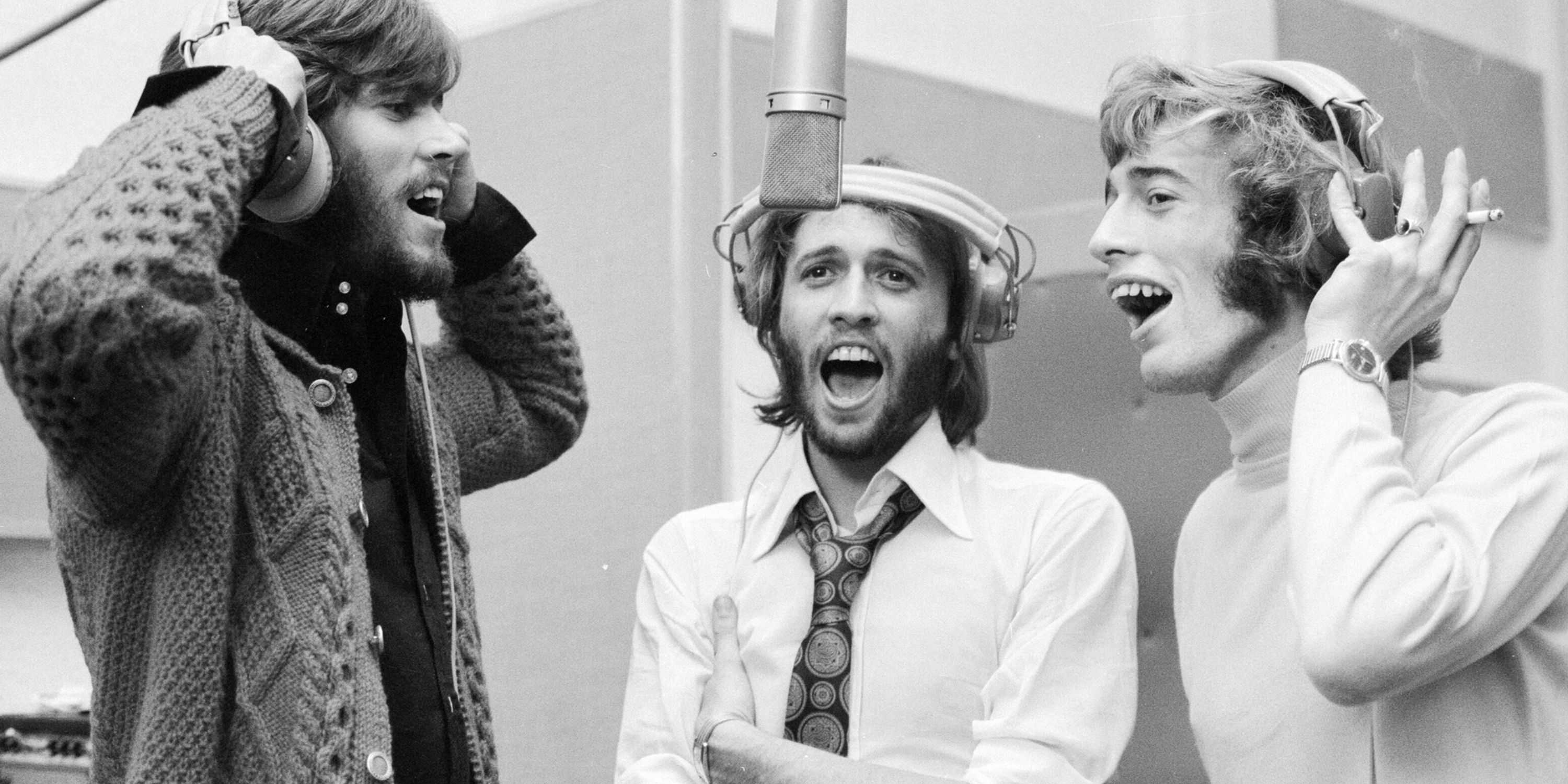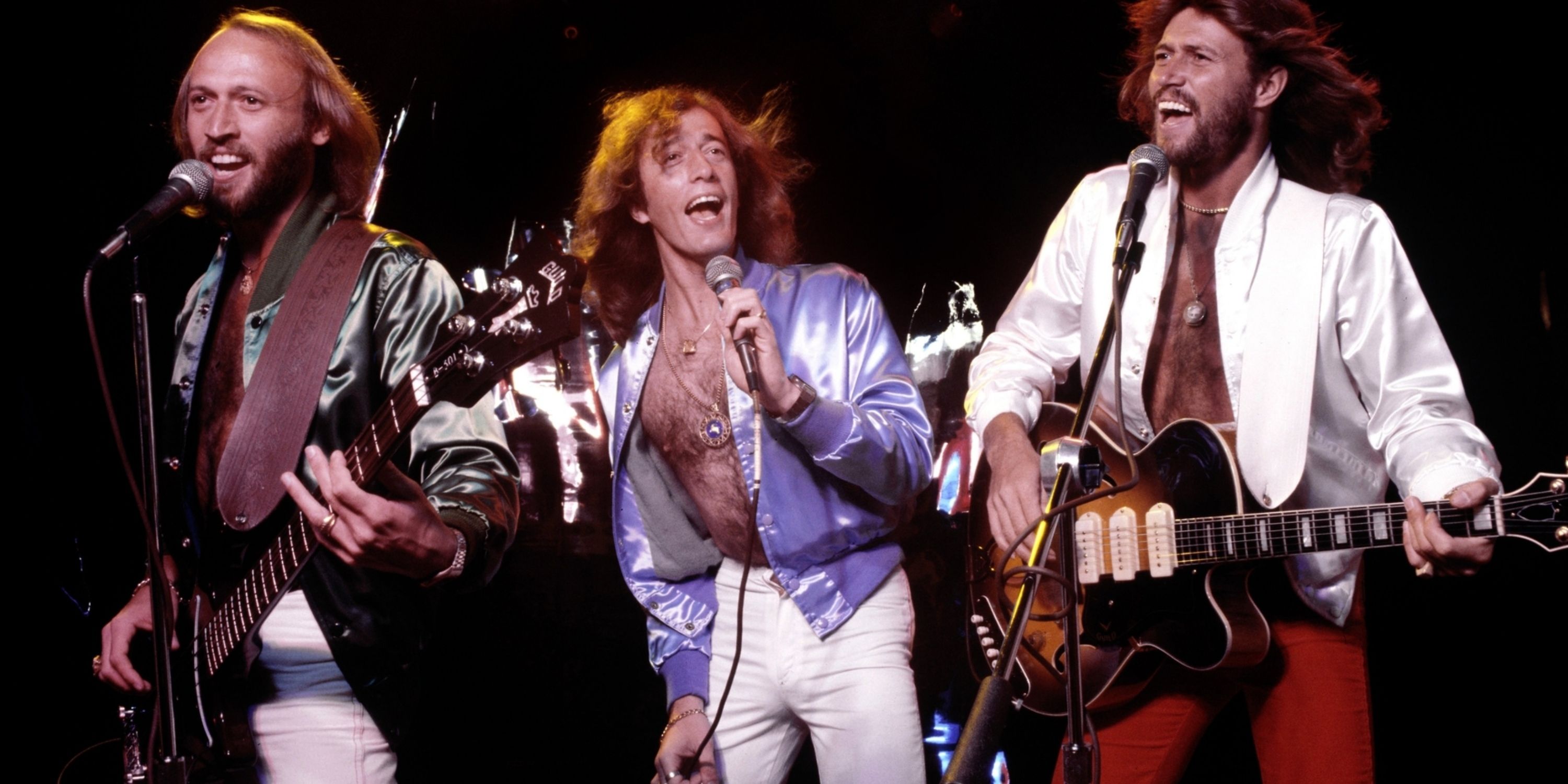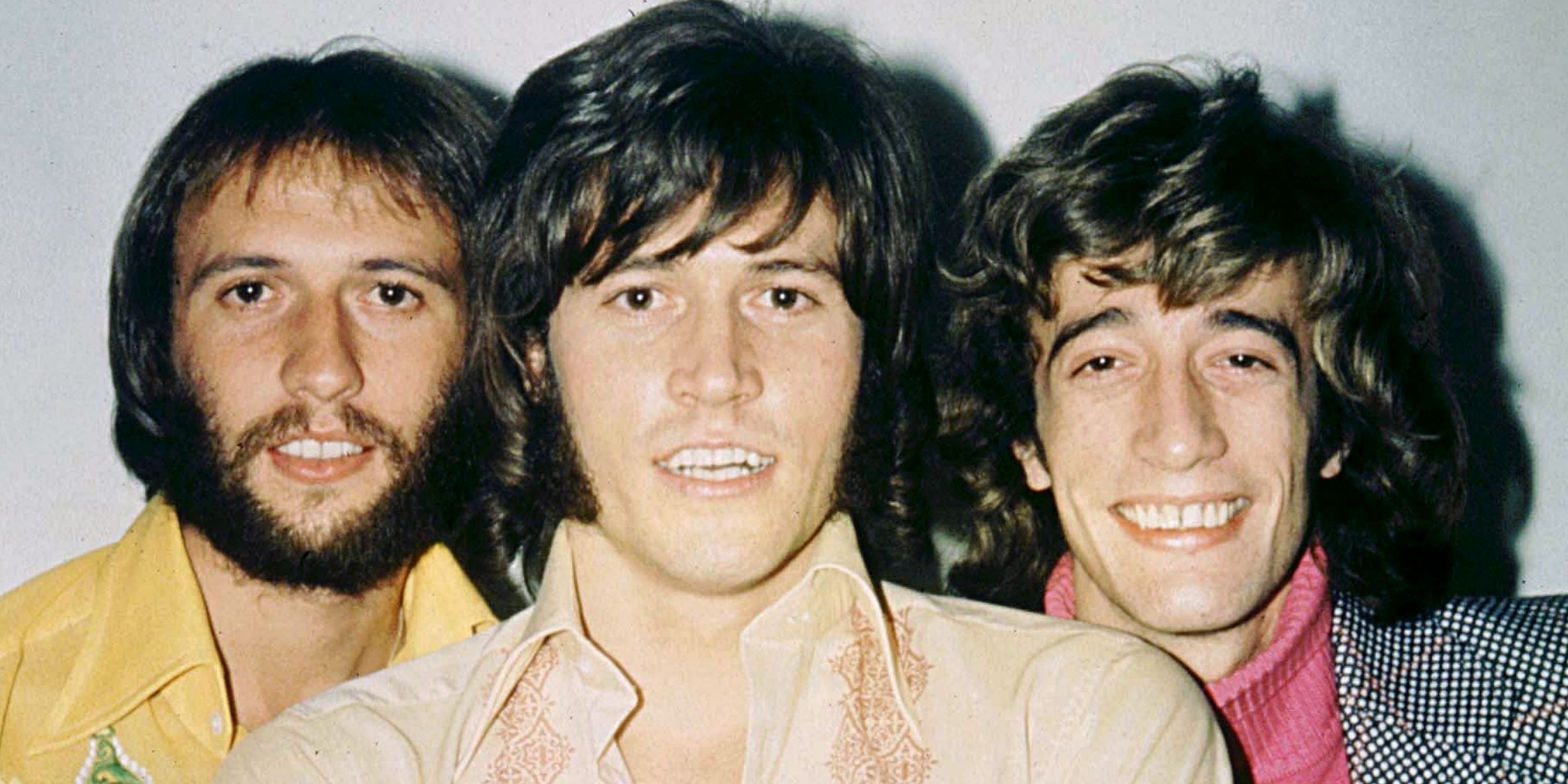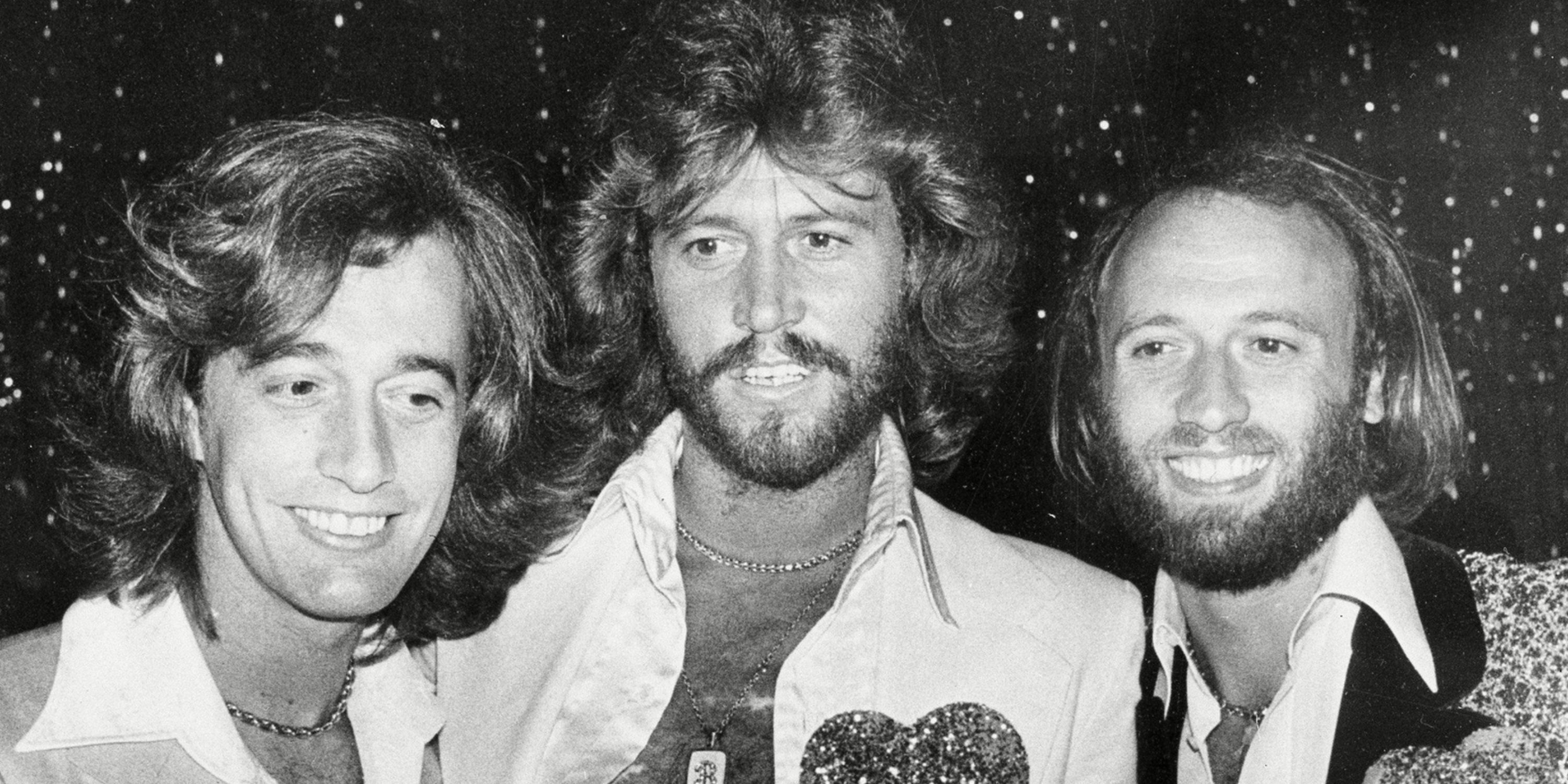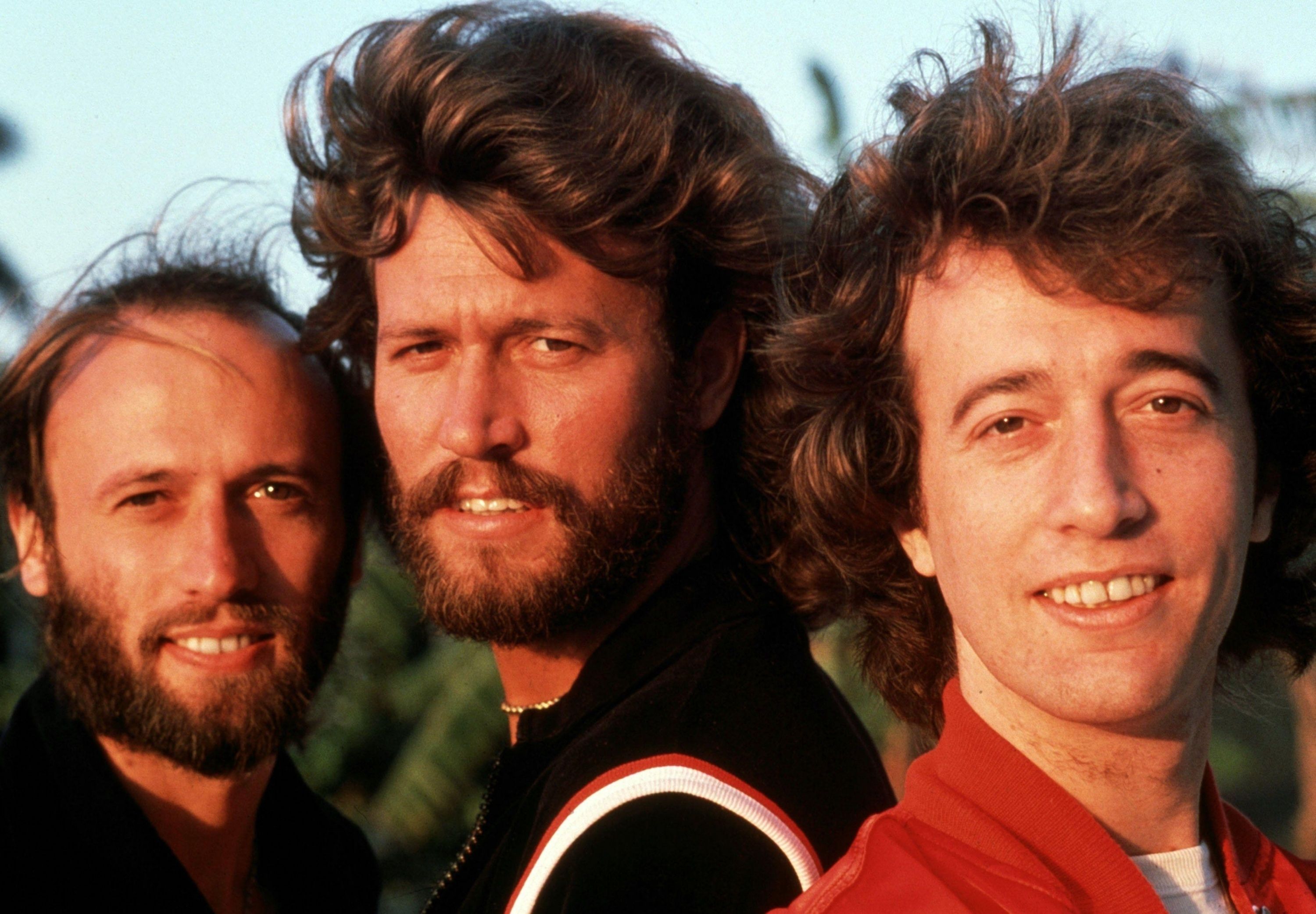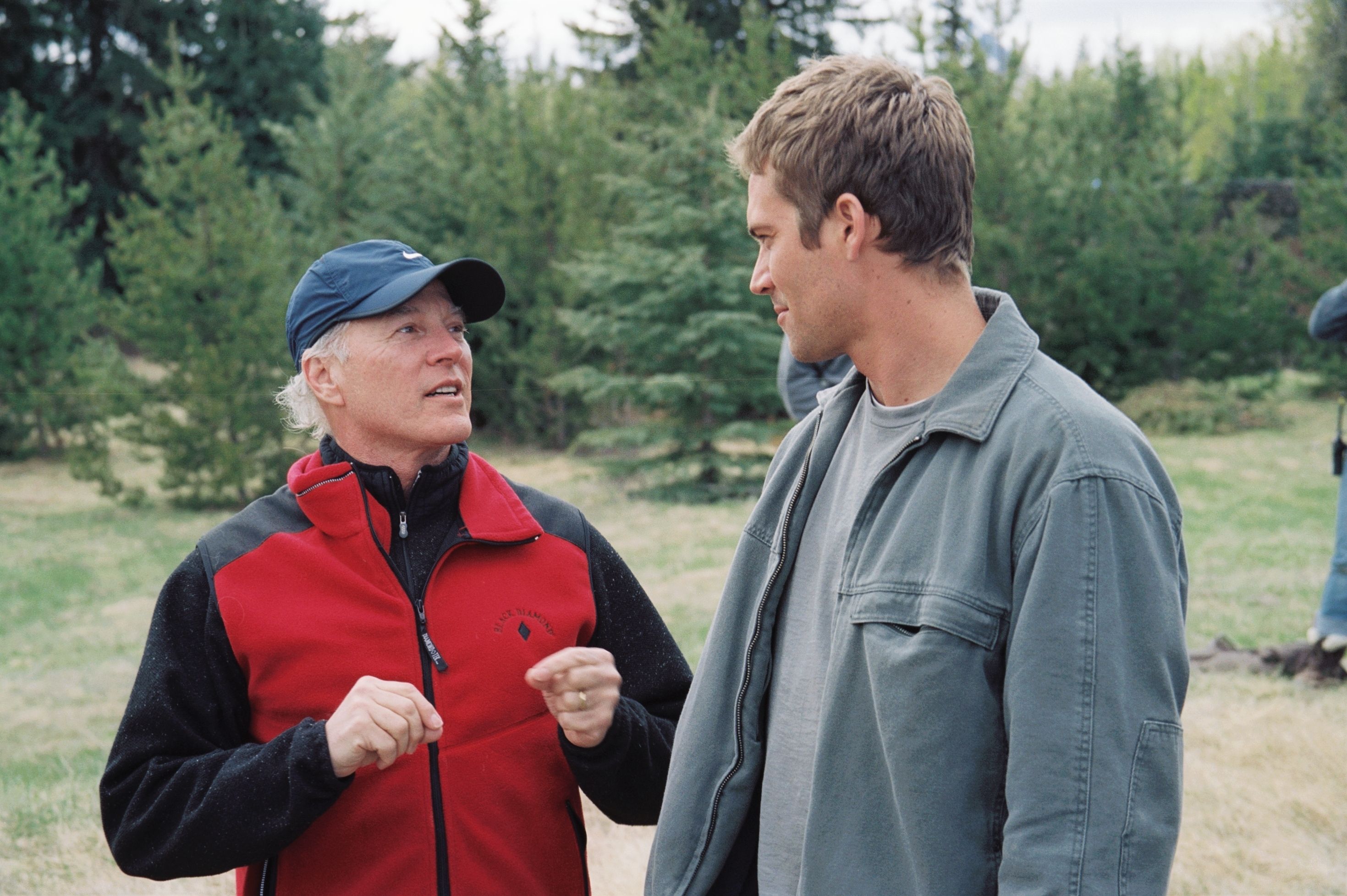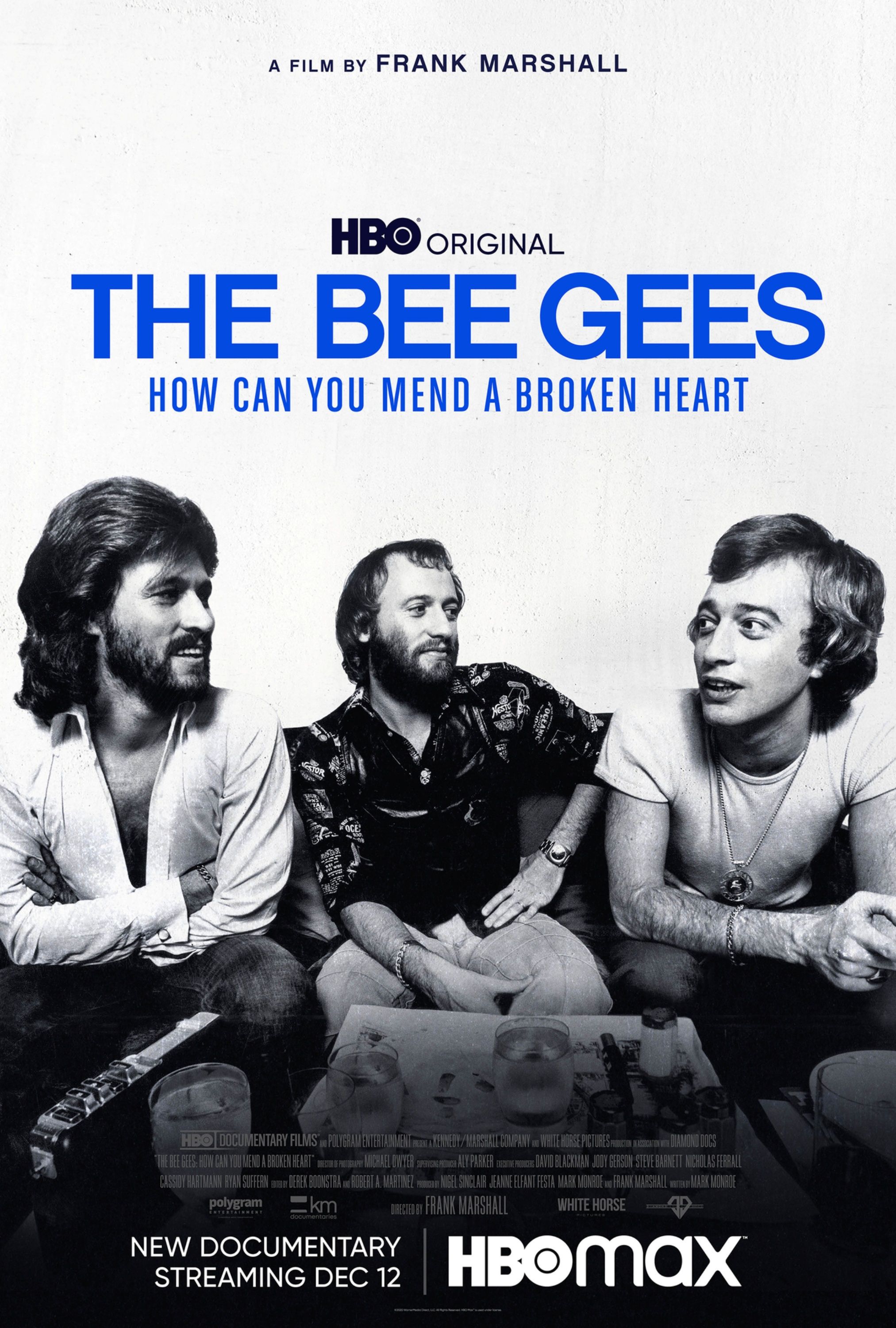From director Frank Marshall, the HBO documentary The Bee Gees: How Can You Mend A Broken Heart is a comprehensive look at the iconic trio of Barry, Maurice and Robin Gibb, otherwise known as The Bee Gees. One of the most remarkable things about these brothers was just how effortlessly they continued to find success in an ever-shifting music business, having written over 1,000 songs, including an impressive twenty #1 hits.
During this 1-on-1 phone interview with Collider, filmmaker Frank Marshall talked about his personal connection to this documentary, what he found remarkable about their music, the biggest challenge in making this film, the most surprising thing he learned about his subject, how easy it was to line up interview subjects who were influenced by the group in their own music, how much filmmaking technology has changed over the years, whether he thinks movie theaters will survive the pandemic, and the advice he would give anyone looking to become a producer.
Collider: The last time that I spoke to you was for Laurel Canyon, which was a documentary that you produced, and now, this documentary on The Bee Gees, you directed. What are the biggest differences between producing a documentary and directing a documentary?
FRANK MARSHALL: Well, it’s the same as in a feature, where as a director, you are guiding the ship. I’s different, though, because you don’t know where that ship is gonna go, whereas directing a feature, you know every day what you’re doing. What I love about docs is that you can make a left turn three quarters of the way through and find something amazing, and then follow that. You know the general idea of your story, but you don’t know where it’s gonna go. And the producer is in support of the director and their vision, so that’s the big difference.
You don’t tackle directing that often, compared to the amount of projects that you produce. What was it that compelled you to want to help the story of The Bee Gees?
MARSHALL: It was a personal connection. I come from a musical family. My dad was a composer, a producer, and a jazz guitarist, and he was under contract at Capitol Records, where The Bee Gees ended up. About four years ago, I was talking to the head of Capitol Records, Steve Barnett, and I was in the same building, the Capitol Records tower, that I had been in as a kid, and it made sense. It was serendipitous or fate that I was put in the position of being there. They had just purchased The Bee Gees catalog and wanted to talk about ways to invigorate the catalog. One of them was a doc, and I said, “I’d love to do that.”
At the time that you decided to do the documentary, which Bee Gees songs would you say you knew the best and what did you think those songs said about them as artists, at that time?
MARSHALL: I had heard “Massachusetts.” I knew them when they were in London. But it really wasn’t until Saturday Night Fever that I paid attention to them. I was also shooting a movie at Paramount, at that time, and to watch that come out of nowhere and become such a sensation, from then on, I was really paying attention to them. And then, to start looking into their career, as we did when we started this project three and a half years ago, songs like “Too Much Heaven,” “Islands in the Stream,” “Guilty,” and all of these songs that they wrote, not only for themselves, but for other people, is what I found to be amazing.
Throughout the process of doing this film and talking to people about The Bee Gees, have you found that people tend to know The Bee Gees music better than they know their story or anything about them personally?
MARSHALL: Yeah. I think that’s true with most bands. People know their music, but they don’t know much about them. To be honest, the people that I had talked to felt that they were lightweights when they’re really heavyweights. When you look at the body of their work over five decades, you understand how important they are to pop music.
I’m familiar with the music of The Bee Gees, but watching this documentary made me really listen to their lyrics in a way that I hadn’t really before, and it was so interesting to hear the songs in a new way and to really listen to what they were saying.
MARSHALL: I think that’s the thing that goes unnoticed. They were brilliant songwriters. They tell a story, which is really interesting. It’s not just one lyric repeated, over and over again. They have real depth to their lyrics.
When you set out to do this, what was the film that you thought you would be making and how different did it ultimately turn out to be, or is it pretty close to what you thought it would be?
MARSHALL: Well, the challenge was that I only had Barry [Gibb] to talk to. Both he and I wanted it to be a celebration of all the brothers, so that was a challenge, to try to find interviews that they had done, where someone has asked Maurice and Robin, and even Andy, the same kind of questions that I was asking Barry about, like how they grew up, how they learned to sing together, and what their songwriting process was. I wanted to get the full brother perspective on that, so that was a challenge.
Was it ever challenging to get Barry Gibb to be as open and reflective as you needed him to be, or was he pretty open to talking about what you wanted him to?
MARSHALL: He was very open, I have to say, and reflective. He was gracious and humble, but he really misses his brothers and I think that’s really obvious. For me, the goal was to celebrate their legacy.
It really is so beautiful to see their relationship and their bond as brothers, throughout this documentary.
MARSHALL: What was amazing to me was what a loving, strong sense of family they had, their whole lives, and it kept them together. When you see them in the One Night Only concert in the ‘90s – we have a bit of it in the movie – they were together and incredibly respectful and loving brothers. I was pleased that I was able to show that.
As a movie producer, what was it like to hear The Bee Gees hadn’t even read the script when they wrote the songs for Saturday Night Fever? Are you surprised that the songs they wrote made for such a successful soundtrack, with that being the case?
MARSHALL: That was one of the things that surprised me. Until I talked to Barry, I didn’t know that. I assumed it was just like every other movie I had ever worked on, where you give them the script and it inspires stuff. He said, “We didn’t read the script.” I said, “What?!” He said, “No, we had these songs already written.” Who knows whether it was the time and place that they were in, and that was in the air. It’s like Chris Martin said, “These songs come out of the air somewhere,” and maybe that was all in the air. Those songs fit into the movie incredibly well. But yes, I was very surprised that it was backwards to the way we usually do it.
What would have been your reaction, if you’d a music artist on a movie you were producing, say, “We’ll write you some songs, but we just don’t want to read the script”?
MARSHALL: I probably wouldn’t have done it. But that’s what was great about [Robert] Stigwood (a producer on Saturday Night Fever). He knew that these guys would write great songs. Bill Oakes is still as amazed today as he was back then, when that cassette arrived and those five songs were on it, all hits. Robert Stigwood was a big part of their success. He was great manager, and they listened to him. They were collaborative, but they also listened to the people around them. They didn’t just wanna go their own way, and I think that was really important. He was almost like a father figure to them. He bought that story. He had great taste and he was a great producer and manager. That all came together in a way that you like to hear about a movie that’s successful – that people have ideas and instincts and follow their dreams.
Because you have been around the film business and the music business, do you see any similarities between what makes a great and hugely successful album and what makes a great and hugely successful movie?
MARSHALL: It’s what connects to the collective unconscious that’s there, at the time. If I had a formula, I would have been retired. You’ve gotta go with your own passion, and the stories that you’d like to tell and the music that you’d like to create. Who knows why it works, but it certainly does, in such a huge way. Steven Spielberg has an audience sensibility, where the movies that he likes to make, a lot of people wanna see. It’s the same for The Bee Gees, in that the songs they wrote, a lot of people wanted to hear. The Bee Gees were able to survive five decades of changing styles and changing tastes, and adapt to it, but it is their passion. You feel the passion in their music. That comes through. When they’re sitting around creating those amazing songs, it’s part of that. That’s what comes out and you can feel it.
One of the things that really struck me in watching this was just how effortlessly The Bee Gees moved between styles of music. How do you think they’re most underappreciated and what do you hope people get from seeing everything that you lay out in the film about their career?
MARSHALL: It’s their musicality and their creative gifts as songwriters. When I asked Barry, “So, you must’ve taken a lot of music lessons and gone to voice coaches and learned harmonies,” he said, “No, we just did it. Robin and I would sing together, and Maurice would just drop in that third part harmony, and it worked.” That’s incredibly natural to them and the sound they created was natural. As Noel Gallagher (of Oasis) says, “You can’t go down to a pop shop and find that sound. It’s unique.” I think that’s what’s special about them.
Are there artists now that you hear, that don’t necessarily sound like The Bee Gees, but sound very much like their own thing and that know who they are, with that level of ease and comfort?
MARSHALL: Sure, Justin Timberlake is a perfect example, and he was influenced by them. Ed Sheeran is another singer/songwriter that has his own style. I love Pink. There are a lot of artists today that wanna project who they are. You have that with Beyoncé. When you look at how she controls what she does and what she’s saying, she’s amazing. As far as groups, there’s U2. They set the pace and have survived a long time, as well. Their music transcends everything. Another person who does that is Bruce Springsteen. His band has been with him forever. All those guys are my age. They’ve been together a long time. And the other one is Jimmy Buffett. He’s survived and transcended, all these decades. He’s been doing it a long time, and he’s got the same band. There are survivors out there, and there’s still a lot of great music to be made.
It’s interesting to see how The Bee Gees have influenced so many other artists and so many current artists, like Justin Timberlake, Chris Martin, Nick Jonas and Noah Gallagher, who we see in the film. What was it like to hear how other highly successful music artists feel about The Bee Gees? Were there things that most surprised you, from listening to how they talked about their music?
MARSHALL: Yeah, it was cool. It seems like a simple thing, but the Jonas Brothers started like The Bee Gees started. Their parents played them The Bee Gees songs. Where Barry, Robin and Maurice’s parents played them the Mills Brothers and the Everly Brothers and that influenced their style, Nick Jonas said that his parents played them The Bee Gees. It was really sweet to hear that that’s how it happens, still. When I gave Nigel Sinclair my wishlist of interviews, nobody turned us down. It was incredible. They love The Bee Gees and they loved talking about them. You can see the enthusiasm with Justin Timberlake. We forgot the camera was there. I kept leaning into the shot and talking over him because we got excited, just talking about their creativity.
You’ve been in the business of making movies for some time. How much has technology changed, in that time? Are there any improvements that you’ve found most significant and that you’re most grateful for, when it comes to how movies are made now?
MARSHALL: Yes and no. Technology has been very helpful, in a lot of ways, particularly on the back end in post-production. But on the other hand, you have to be careful. Visual effects are another tool in the toolbox, but you can’t create a situation where you get lazy and you might have done something differently, if you didn’t know that you could just erase it and it might have inspired you into a better, different shot. I miss film. I grew up with that sound of the film running through the camera. But I wouldn’t have been able to finish this movie, if we didn’t have digital technology, so I thank progress for that.
Was there any specific technology that really helped you in making this documentary?
MARSHALL: There’s a program that enables you to search all of your interviews for words. You can go, “When did we talk about falsetto?” Usually, you’ve have to have ten people going through transcripts, trying to find that. This program enables you to just go right to it. It’s a huge time saver. Whatever the keyword is, you can go right to it. It’s really great for documentaries.
There was the big announcement from Warner Bros. that all of their 2021 films would also be available on HBO Max, which is where this film is going to stream. How are you feeling about the streaming revolution that’s happening? Do you feel that movie theaters will still survive, through all of this?
MARSHALL: Yes, movie theaters are always gonna be there, in my opinion. Everybody is still gonna want to go out to the movies when it’s safe. I’m not worried about that. I wanna see my movie with an audience. That’s why I do it. My favorite thing is when I first get to see our films with an audience. We’re adapting to the times. There’s all this great product and content out there, and people need to have the ability to see it. I think things will go back to a different kind of normal for the movie business next summer, but we’re still gonna be in movie theaters. Don’t worry.
Do you think that you might direct again soon, or does it take a very special project to get you to do it?
MARSHALL: I have to be passionate about the projects and feel like I’m the right person to tell those stories. There’ll be one or two more soon, in the documentary side of things. In the feature side, I have too many projects coming up that I’m producing. When I direct that singular subject, I’m not a multi-tasker. I can produce several projects, but when I’m directing, it’s just that, 24/7. I don’t think a feature will come along for awhile, that I’m gonna want to make that commitment to. But I’m gonna direct some docs.
How different of a director do you feel like you are now, from the director that you were when you directed Arachnophobia?
MARSHALL: Well, there’s a lot to learn, and I’m still learning, every day, about how things work. I’m still trying to develop my own personal style and bring my own creativity to each project, and that comes from experience. The more things I direct, the more things I learn.
If someone wanted to be a producer in Hollywood, what advice would you share? What do you think are the most important things that someone should know?
MARSHALL: Wow. Well, it’s certainly different today than it was 30 or 40 years ago. It’s really about finding a good story. Everybody is looking for a good story. You’ve gotta find a good story, whether it’s a book, an idea, an article, a true story, or it’s fictional. You need to find that story. If you can get a script, get a script. But there is no path. You have to create your own path. I always hope that everybody can find something and make a connection where they can move their project forward. There’s really a lot of luck involved, being in the right place at the right time, and finding that person that connects and responds to your idea. As a producer, it’s your networking that’s really important, and the people that you send your thoughts and ideas to. Producing is moving things along. Keeping the momentum going with a project is what a producer does, and everybody has their own way of doing that.
The Bee Gees: How Can You Mend A Broken Heart is available to stream at HBO Max.

